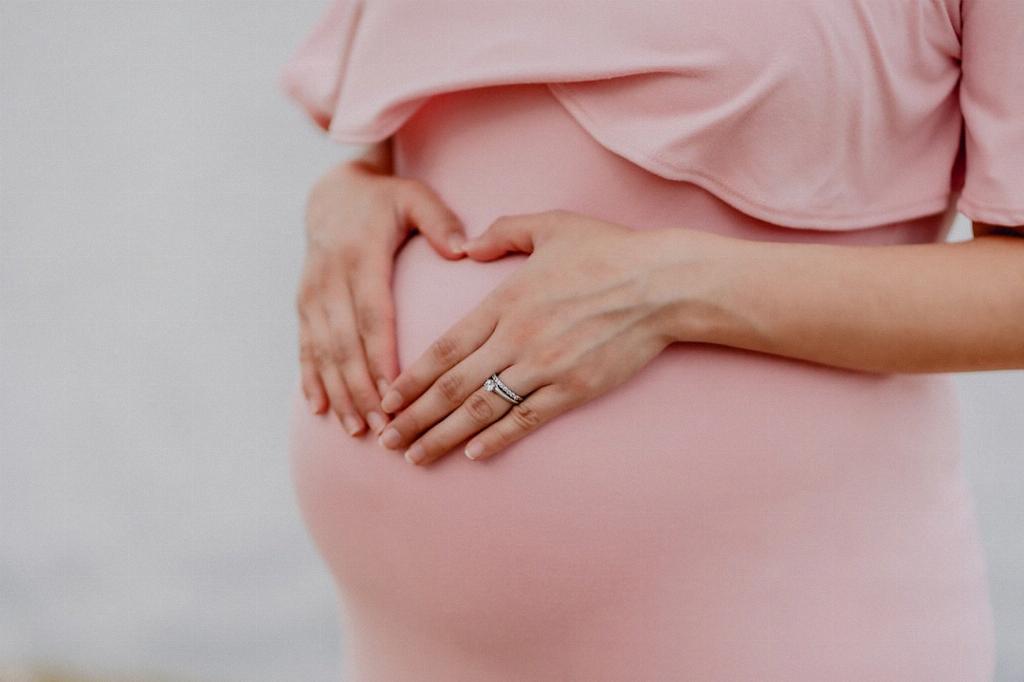When it comes to taking lithium during pregnancy, it is crucial to weigh the potential benefits against the known risks. While lithium has been used to treat mood disorders such as bipolar disorder and depression for many years, it is not without its concerns, especially when it comes to pregnancy.
Recent studies have highlighted the risks associated with lithium use during pregnancy, particularly during the first trimester. Research has shown a clear link between lithium exposure in early pregnancy and an increased risk of congenital malformations in the unborn child.
One of the main concerns with taking lithium during pregnancy is the potential impact on the baby’s development. Exposure to lithium in the womb has been linked to an elevated risk of cardiac abnormalities, such as Ebstein’s anomaly, as well as other malformations.
It is essential for women who are considering taking lithium during pregnancy to consult with their healthcare provider to discuss the potential risks and benefits. In some cases, the benefits of managing a mood disorder with lithium may outweigh the risks associated with exposure during pregnancy.
It is also important to consider the potential effects of lithium on the mother during pregnancy. Women who discontinue lithium treatment during pregnancy may be at an increased risk of relapse of their mood disorder, which can have negative consequences for both the mother and the baby.
Healthcare providers may recommend alternative medications or treatment options for pregnant women who are currently taking lithium. It is crucial to work closely with a healthcare provider to develop a personalized treatment plan that prioritizes the health and well-being of both the mother and the unborn child.
Monitoring and regular prenatal care are essential for women who are taking lithium during pregnancy. Healthcare providers may perform additional ultrasounds or other tests to monitor the baby’s development and ensure early detection of any potential issues.
Women who are taking lithium and are planning to become pregnant should discuss their medication regimen with their healthcare provider well in advance. Some healthcare providers may recommend transitioning to a different medication or adjusting the dosage of lithium to minimize risks during pregnancy.
It is crucial for pregnant women to be informed about the potential risks associated with lithium use during pregnancy. Understanding the risks and benefits of lithium treatment can help women make informed decisions about their medication regimen and prenatal care.
Ultimately, the decision to take lithium during pregnancy is a personal one that should be made in consultation with a healthcare provider. Each individual’s situation is unique, and it is essential to consider all factors when determining the best course of action for both the mother and the unborn child.
In conclusion, while taking lithium during pregnancy poses risks, it is possible for some women to safely manage their mood disorder with lithium under close supervision and monitoring. It is essential for pregnant women to work closely with their healthcare provider to develop a comprehensive treatment plan that prioritizes the health and well-being of both themselves and their baby.

